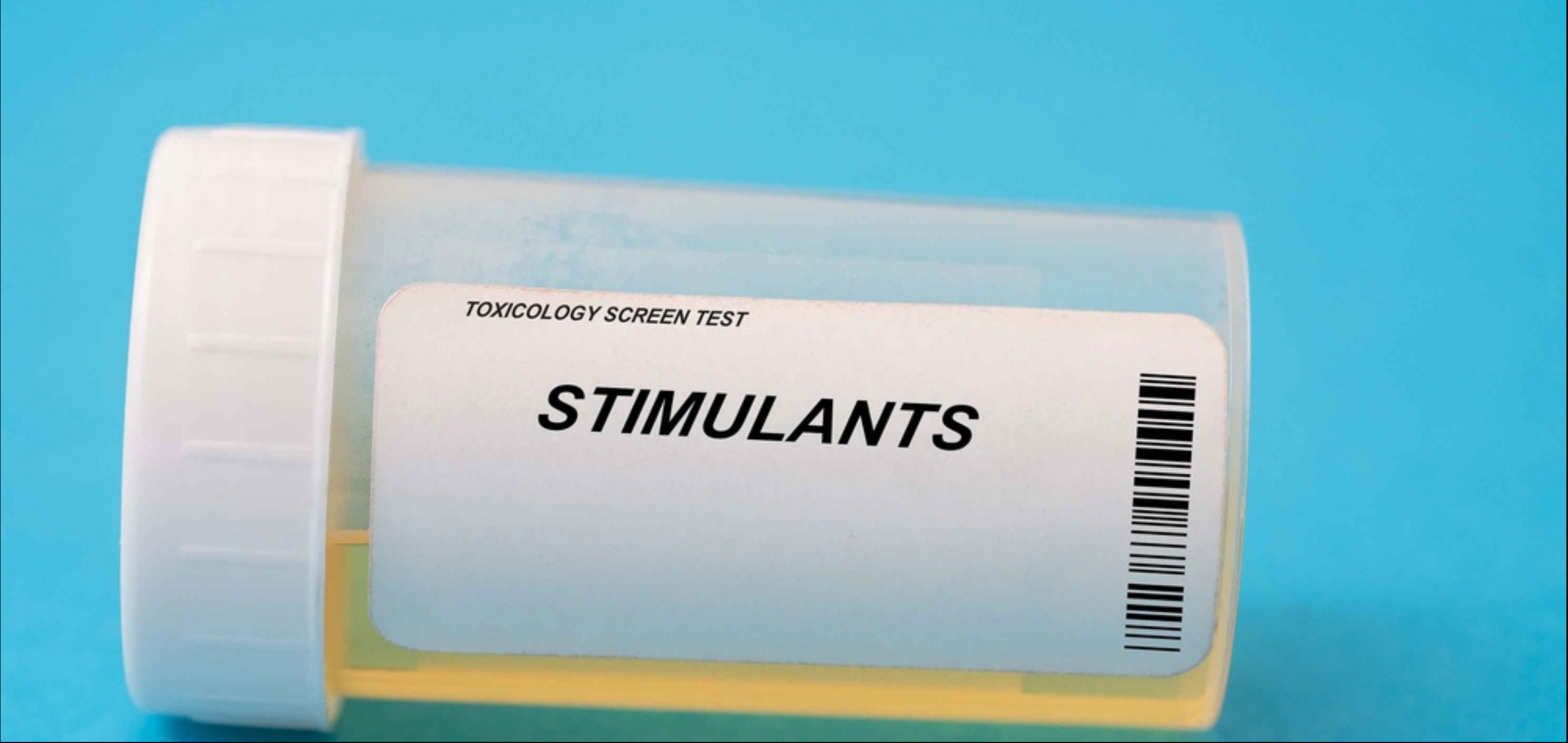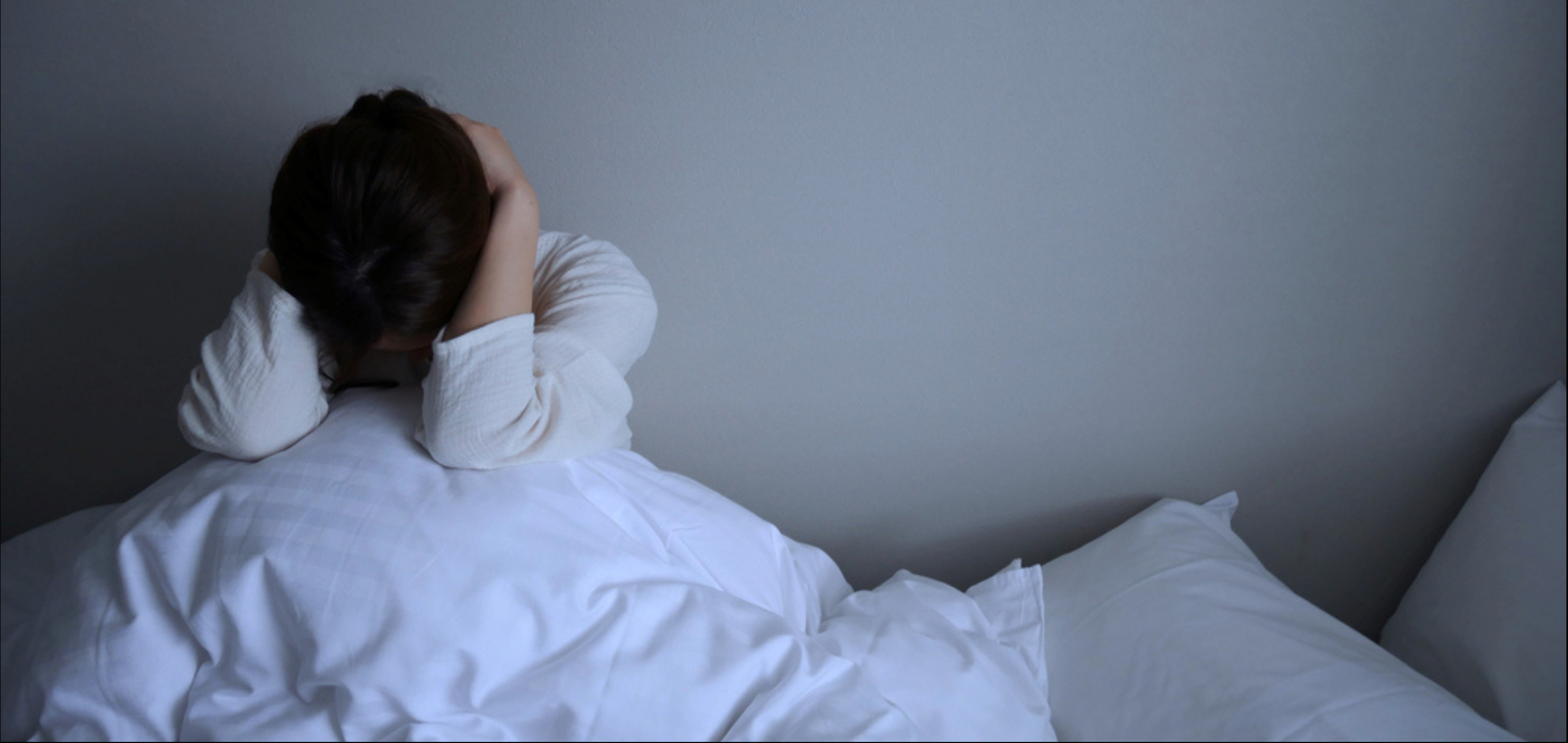Last Updated:
July 29th, 2025
Stimulant Rehab Treatment | What to Expect
Stimulants can be useful. They boost focus, raise energy and, when prescribed, often bring clarity to those who need it. But there’s a difference between short-term support and long-term reliance. Somewhere along the way, what once helped you function might now be the very thing holding you back.
Stimulant rehab is a space to step back and reassess that relationship. Whether your use involves prescription medications like Ritalin or something else entirely, this page is designed to help you understand what stimulant rehab looks like, what options are available and how to tell if this is the right next step.

What types of prescription drug rehab are available?
Each stimulant carries its own risks and patterns of use. That’s why stimulant rehab isn’t built on general advice; it’s built around the drug in question and how it has affected your life.
Below, you’ll find a link to a detailed rehab page for one of the most commonly misused prescription stimulants:
Ritalin
Ritalin rehab focuses on gradually reducing dependence while restoring healthy patterns of focus and motivation. Many people come to rely on the drug for academic or professional performance, so treatment explores the pressures behind that reliance. Therapy helps build alternative coping mechanisms, while detox and aftercare support a full return to day-to-day stability.
If your relationship with any stimulant is becoming difficult, not just Ritalin, there is support available now
Signs you may need stimulant rehab
Stimulant use can look different for everyone. But there are some signs that your use might have tipped into something that needs attention:
- You feel unable to focus, relax or stay motivated without the drug.
- You’ve tried to cut back but experienced mood swings, fatigue or difficulty functioning.
- You hide your usage or lie about how much you take.
- Your sleep, appetite or emotional state has changed noticeably.
- The drug is no longer helping but stopping feels impossible.
You don’t have to tick every box. Even one of these signs could be a reason to pause and consider what’s going on.
Struggling with an addiction? If you are ready to seek help, reach out to us today, and a member of our compassionate team will help you find the best option for starting your recovery journey.
What happens in stimulant rehab?
Stimulant rehab is about restoring a sense of balance, both in your body and in your daily life. It starts with understanding where you’re at and builds from there.
Sessions may include:
- CBT (Cognitive Behavioural Therapy): Targets unhelpful thought patterns and behaviours tied to stimulant use.
- DBT (Dialectical Behavioural Therapy): Helps manage overwhelming emotions and impulsive decisions.
- One-to-one counselling: Offers a personal space to explore deeper stressors, expectations or identity challenges linked to usage.
- Group therapy: Builds connection with others in similar positions, reducing the sense of isolation and offering shared insight.
- Holistic therapies (yoga, meditation, art): Support emotional regulation and help reconnect with the body in non-stimulating, grounding ways.
If your rehab focused on Ritalin, aftercare can help you adjust to a new way of working or studying without leaning on the drug. It’s a space to process pressure, notice early signs of slipping and make sense of any setbacks. With the right kind of support, recovery becomes something you can manage and maintain.
The risk of quitting stimulants on your own
Overcoming stimulant addiction at home might seem manageable in theory, especially if the drug was tied to work, studying or energy. But withdrawal can surface in ways that quickly wear you down and pull you straight back into using again.
Common stimulant withdrawal symptoms include:
- Extreme fatigue: which can make basic tasks feel impossible and spark the urge to take the drug just to get through the day
- Irritability or agitation: causing everyday frustrations to escalate and making the idea of using again feel like a quick fix
- Depression: dulling motivation and creating a sense that recovery isn’t worth it, which often leads to relapse
- Insomnia: turning nights into restless battles, making it harder to resist the thought of using just to reset the sleep cycle
- Cravings: building in intensity until they feel unmanageable without the familiar comfort of the stimulant
Each of these symptoms has the potential to undo progress, especially when managed alone. The harder the symptoms hit, the more convincing the drug becomes.
In rehab, those symptoms are approached differently. Rest and nutrition are prioritised. Cravings are treated as signals rather than failures. Therapy helps unpack the emotional weight behind each symptom and any medication offered is used with care and structure. Withdrawal doesn’t have to become a reason to go back. With the right guidance, it becomes something temporary, something that can be worked through safely and steadily.
Speak to Addiction Helper today
If you’re reading this because you’re worried, that’s enough of a reason to explore your options. But in a sea of treatment options, it’s easy to get lost. Of course, all of them provide care but which ones offer the care that you need?
At Addiction Helper, we’re here to talk things through. Whether you’re looking for answers, options or just someone to listen, we’ve got time for that.
You don’t have to figure it all out today. You just have to take the next step.
Our compassionate team are ready and available to take your call, and guide you towards lasting the lasting addiction recovery you deserve.


